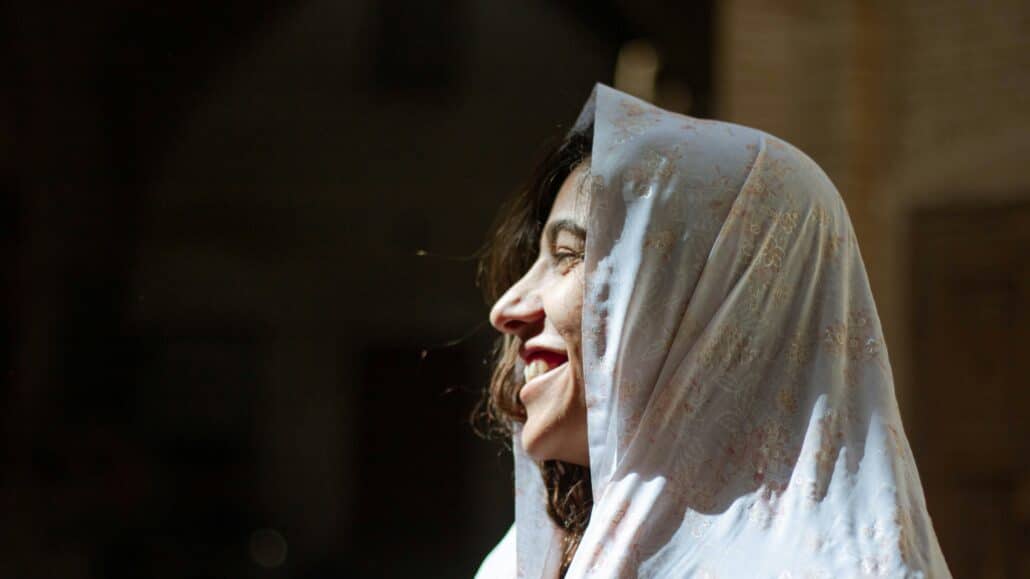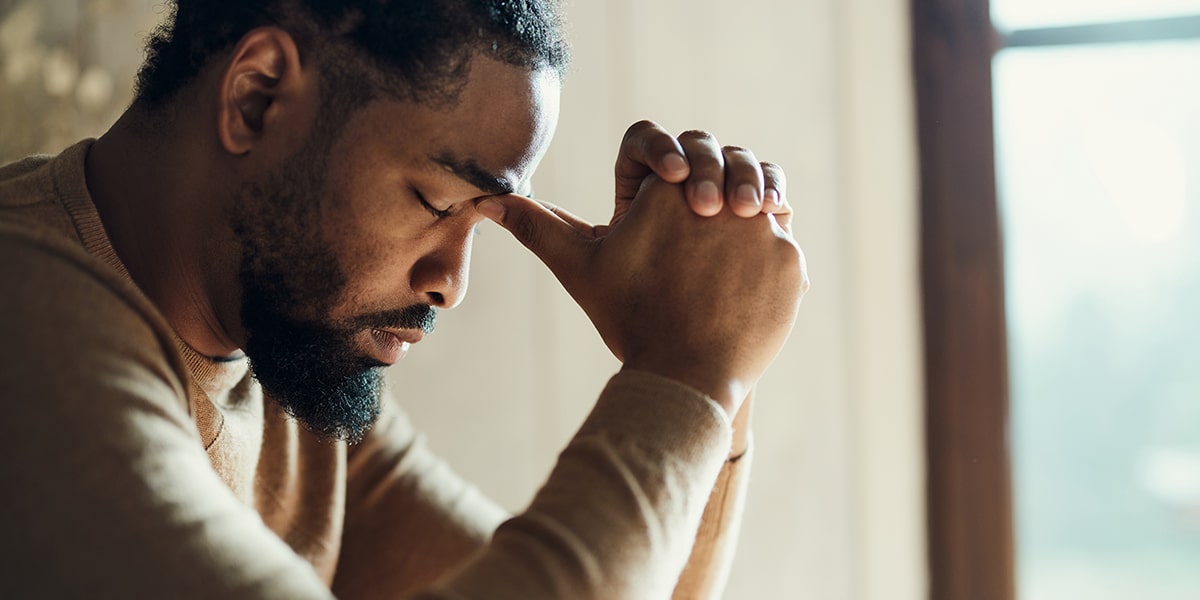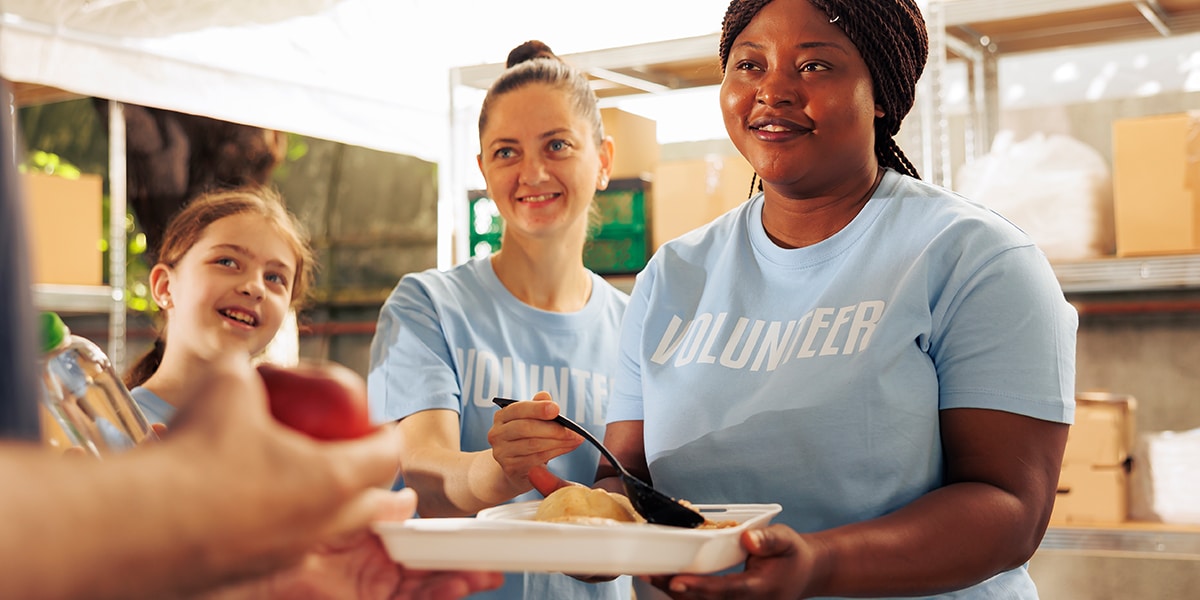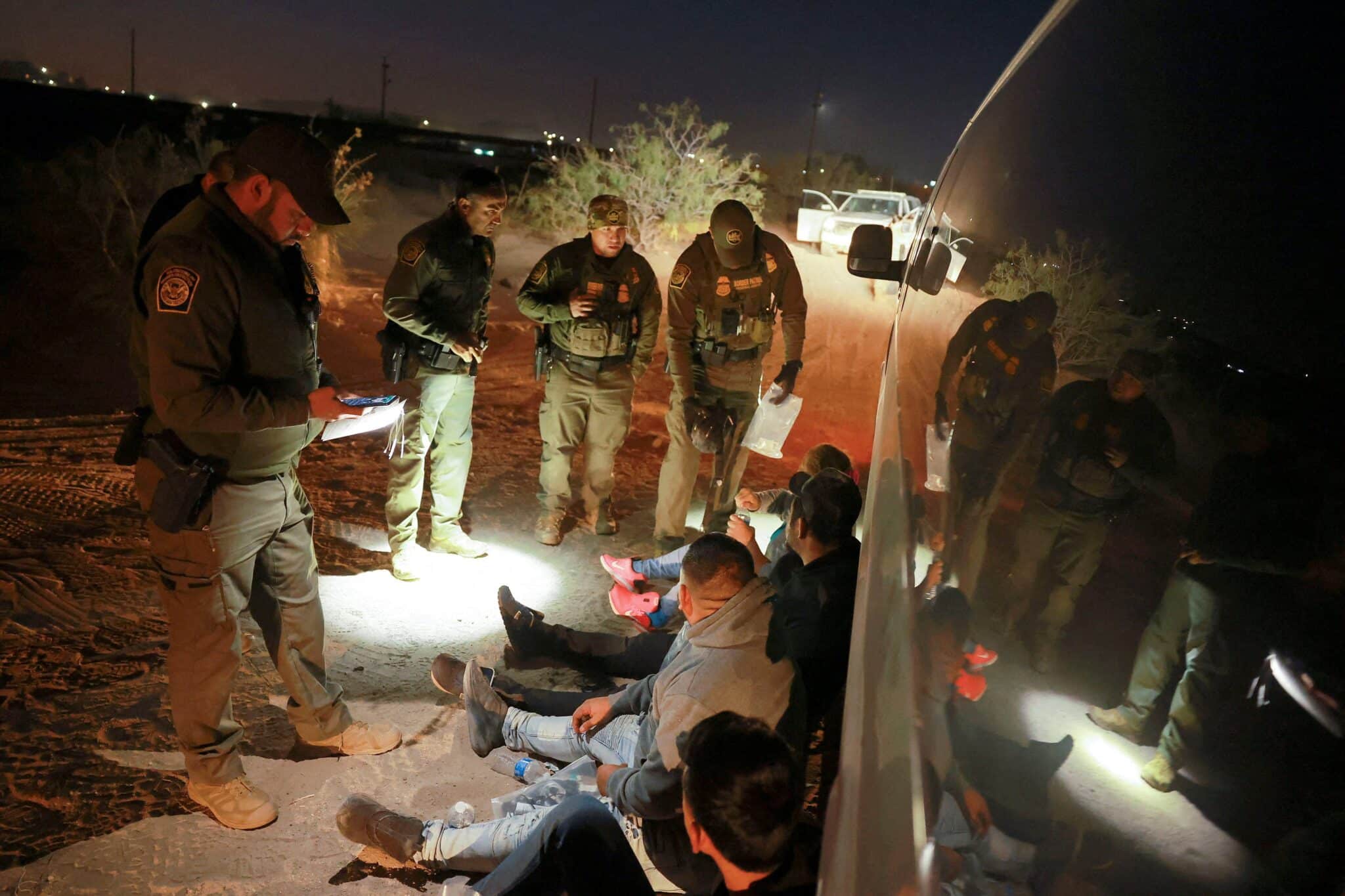Recently I was standing with my kids in the checkout line at the store when my son, Alex, fixed his eyes on a woman a few lines down, dressed in traditional Muslim attire.
“Why’s she dressed like that?” he asked as I reminded him that it’s impolite to stare.
I then offered some completely inadequate—and ill-informed, I’m sure—explanation to him about how the way she was dressed was part of her religious beliefs.
Anyone who knows my kids, however, knows that explanation wasn’t going to be good enough.
“But why?” he asked again. (I thought kids got out of the “Why?” stage by the time they were nine.)
I hastily, and I suspect curtly, told him I would look it up when we got home. Really, what did parents do before the Internet? Lucky for me, I remembered that my coworker had written an article on this subject called “10 Things to Know About Islam.” I knew that I had found my answer. Unfortunately, I also discovered how very little I knew about Islam. And it’s not just Islam about which I’m ill-informed; it’s most other faith traditions, too. Therefore, my kids are also uninformed.
Time to Learn
As a parent, I always try to teach my kids not to pass judgment without knowledge. For instance, how can you say spinach is the most disgusting vegetable ever—an actual quote from one of my children—if you’ve never tried it?
How can I expect my kids to counter such statements from their friends as all Muslims are terrorists—again an actual quote—when my husband, Mark, and I haven’t given them the foundation to do so? An even better question is why haven’t we done so before now?
That’s when we made a decision to educate both ourselves and our kids. And it wasn’t just about Islam. I’ve seen the looks of complete bewilderment on my children’s faces when we’ve gone to weddings or baptisms at churches of other faith traditions.
A Journey of Discovery
We started our journey by seeking information on various faith traditions. So as not to overwhelm the kids—or ourselves—we decided to focus on one religion at a time. We sought answers at the library or official Web sites (such as usccb.org for the Catholic Church), from a member of that faith or by contacting a local place of worship for that religion, such as a mosque or temple. We made sure to seek out reliable sources so as not to perpetuate any misinformation about other religions.
Suddenly my kids were asking—and answering—questions that never before would have occurred to them.
“Mom, did you know we belong to one of the three biggest religions in the world?” my son asked me one day. (Luckily, I was able to answer that I, in fact, did know that, with Hinduism and Islam being the other two.)
In the process of learning about these other faiths we found that the more we learned about other faiths, the more we discovered about our own Catholic faith. In many ways, this journey led to a reaffirmation of my own faith. It led me to rediscover why I believe the things I believe. That alone was worth the journey.
Test Your Knowledge
In 2017, the Pew Research Center’s Forum on Religion & Public Life conducted a survey on U.S. religious knowledge. The survey asked questions about the core teachings, history and leading figures of major world religions. Test your knowledge of other faith traditions by answering the following questions that were featured in the survey:
1) The Dalai Lama belongs to what religion?
2) What is the name of Islam’s holy book?
3) On what day does the Jewish Sabbath begin?
a. Friday
b. Saturday
c. Sunday
4) The Book of Mormon tells the story of Jesus Christ appearing to people in what area of the world?
5) Which of the following is NOT one of the 10 Commandments?
a. Do not commit adultery.
b. Do unto others as you would have them do unto you.
c. Do not steal.
d. Keep the Sabbath holy.
6) What was the name of the person whose writings and actions inspired the Protestant Reformation?
Answers: 1) Buddhist, 2) Quran, 3) a., 4) The Americas, 5) b., 6) Martin Luther








